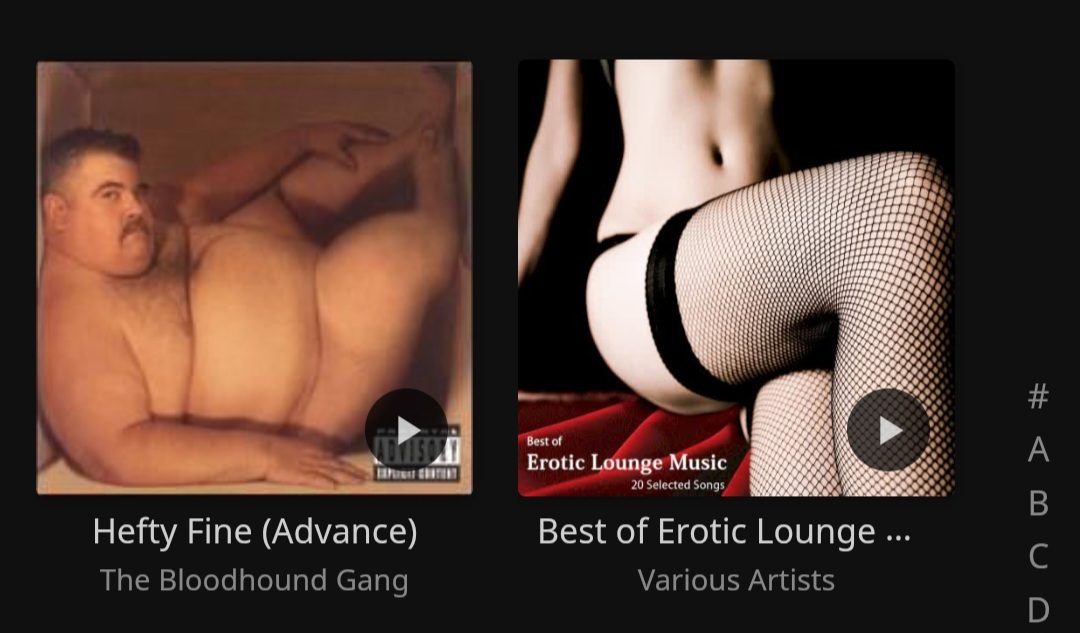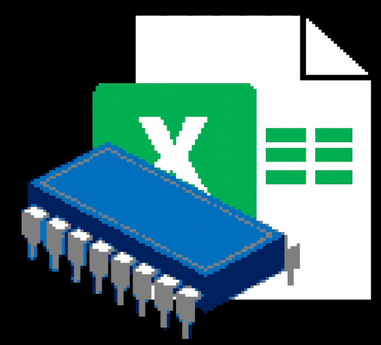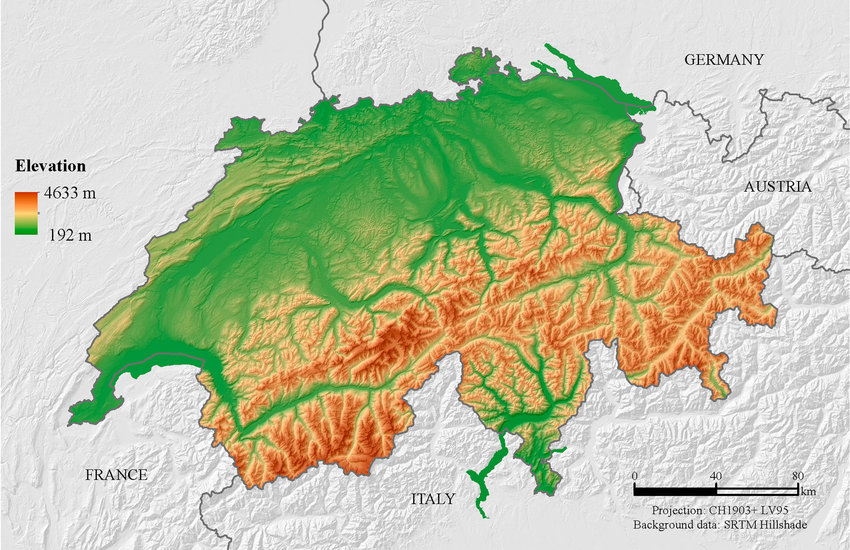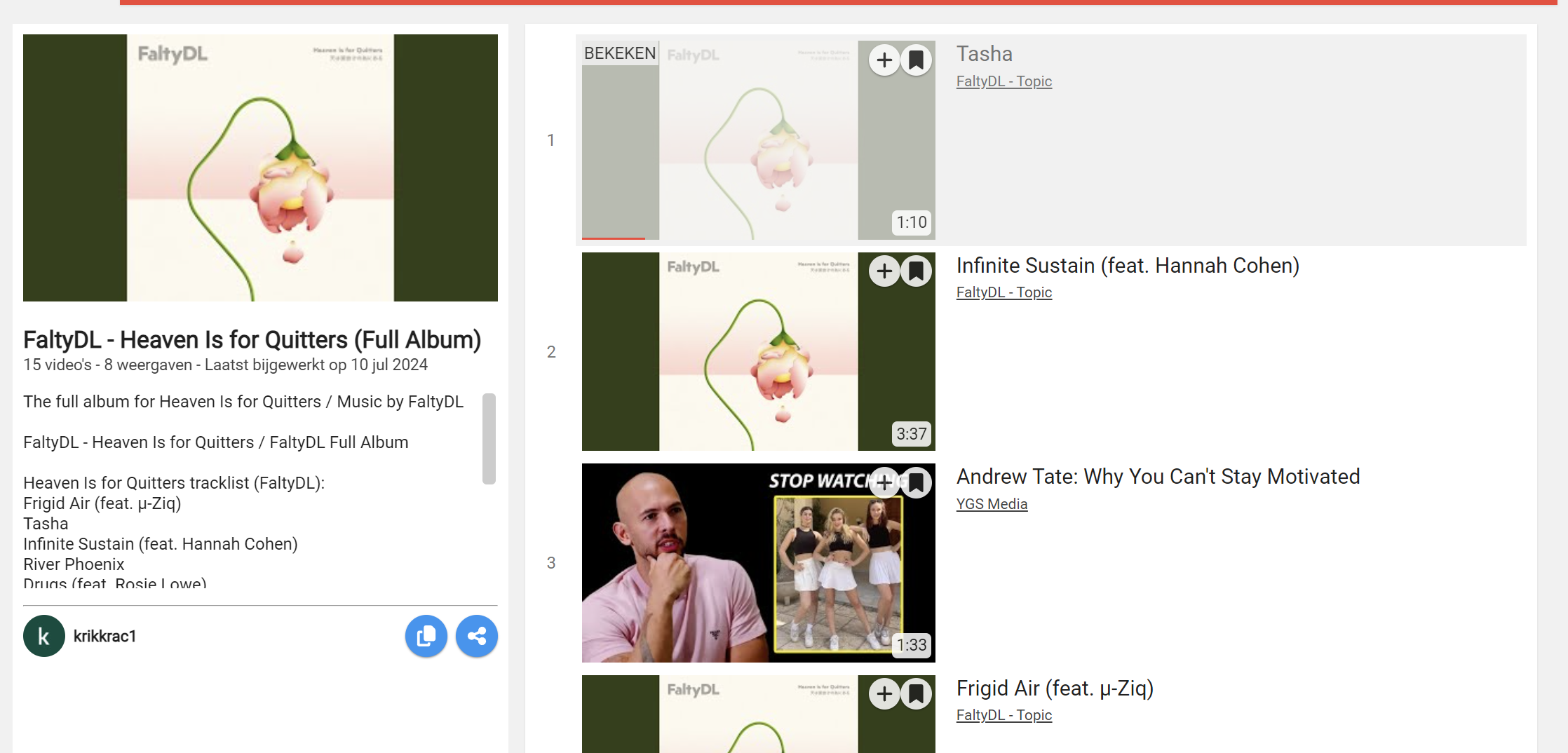The linked article is about Jersey.
104.000 inhabitants on a rock in the ocean the size of 10km x 10 km, population density 859/km2.
That population density is not very different from many lower density neighbourhoods in big cities. On top, distances on this rock are never of that kind that a car would be absolutely necessary. They are, geographically and demographically, in an excellent position to organise very good public transportation with little more than a few well served, comfortable buslines. Vast majority of the population is clearly concentrated on one side of the island: the south, where population density is clearly higher (St Helier, 3,380/km2, really not different from average city density neighbourhoods in big cities.)
I don't know where you live, but I don't think "rural" and "long distances" are the right arguments for rooting in favor of more space for cars (and thus... more cars) on Jersey. The longest drive I could draw on a map is from "La Rocque" to "Grosnez castle". And that's really stretching it, with a staggering 22km in 30 minutes. Makes you wonder why they'ld have cars at all on this island... Maybe for construction, transporting the sick to the hospital etc etc. But your old regular commute from home to market or home to work... It could be a bicycle paradise an island like this... You can cycle the entire longest stretch in less than 1,5 hours, by foot it would be a staggering 5 hours. They are ruining their paradise island by roads and cars everywhere and encouraging it even further (obligating it, even) is just a god damn shame. One could perfectly live there without owning their own car in their own garage.










So your reply to this article was very out of place. Things are not white or black, but your opinion was not at all about the article the OP posted and has little place here. Living on Jersey without your own garage is perfectly possible, the only issue they have is man-made (too much car infrastructure, too little alternatives) and obligating people to build expensive garages only makes it worse. Building decent cycle infrastructure and providing better public transportation are very viable options on Jersey. Your living place and your grievances about your living place don't influence that.